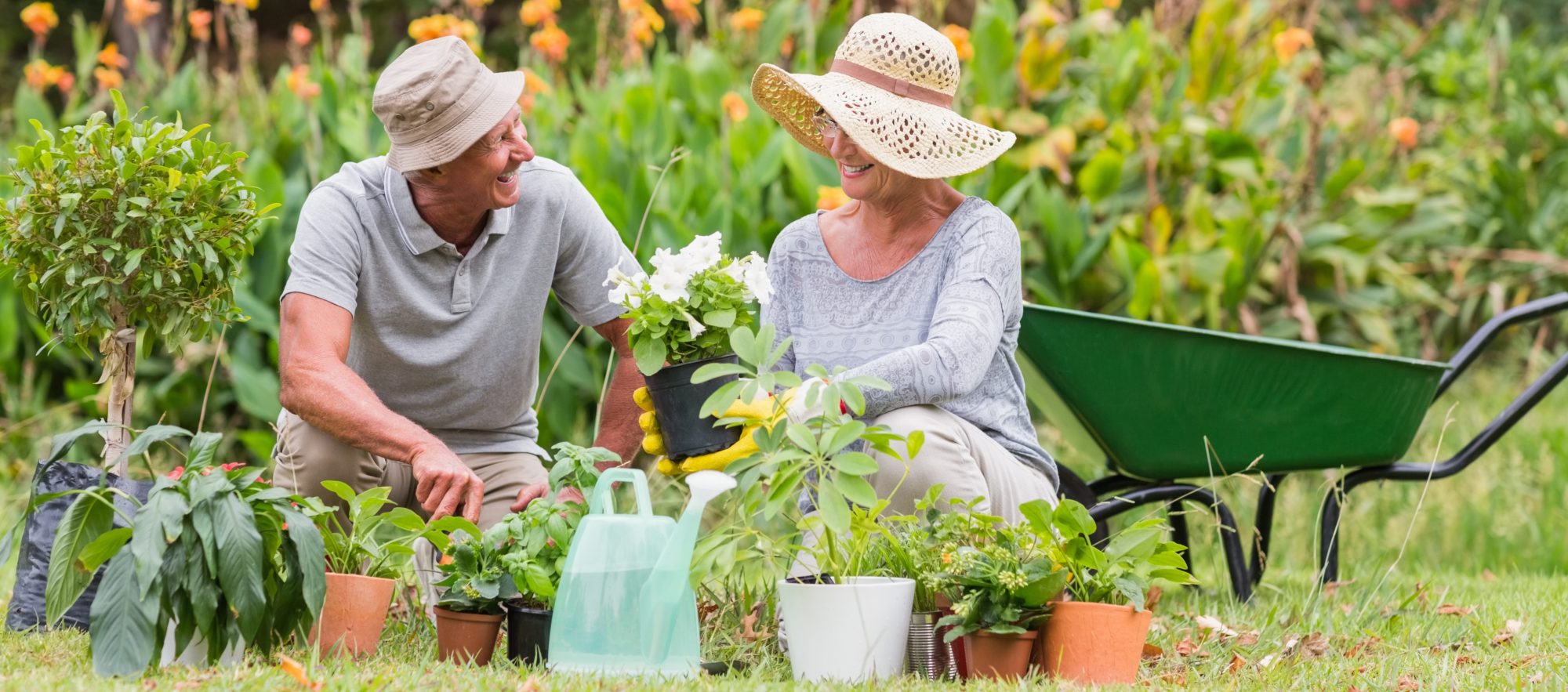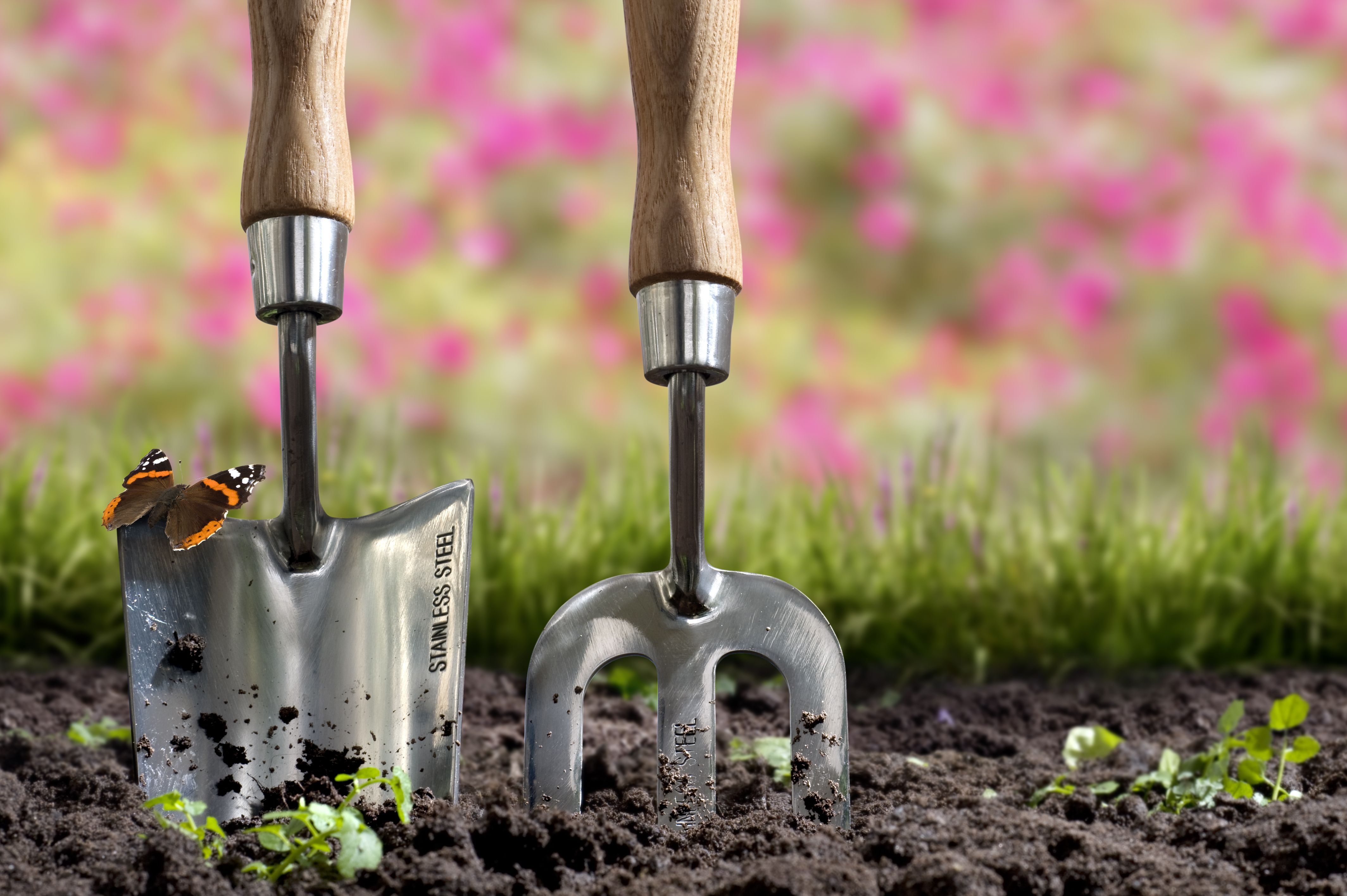Top Gardening Methods to Boost Plant Growth and Health And Wellness
Top Gardening Methods to Boost Plant Growth and Health And Wellness
Blog Article
Understanding the Various Sorts Of Gardening and Just How They Contribute to a Healthier Way Of Living and Environment

Advantages of Veggie Horticulture
Several people are increasingly acknowledging the myriad advantages of vegetable gardening as a vital element of a much healthier way of life. Engaging in veggie horticulture offers many physical health and wellness benefits, including raised exercise, which enhances cardiovascular health and wellness and advertises total health and fitness. The act of planting, weeding, and harvesting calls for movement and can help deal with less active actions, adding to weight management and boosted muscle tone.
Furthermore, cultivating one's own veggies considerably boosts nutritional quality. Organic fruit and vegetables is frequently fresher and more nutrient-dense compared to store-bought options, as it can be consumed quickly after harvest. This accessibility urges a higher intake of fruits and vegetables, which are important for avoiding persistent illness.
In addition, veggie horticulture cultivates psychological well-being by providing a therapeutic electrical outlet for anxiety alleviation and relaxation. The act of having a tendency to plants can be meditative, permitting individuals to get in touch with nature and leave the stress of day-to-day life. The lasting technique of expanding one's own food reduces dependence on commercial farming, contributing to environmental preservation and advertising biodiversity. Collectively, these advantages underscore the relevance of vegetable gardening as a keystone of a healthier way of living.
Exploring Blossom Horticulture

Along with aesthetic benefits, flower gardening supports regional ecological communities. Numerous flowering plants attract pollinators, such as and butterflies, which are vital for keeping biodiversity. The existence of diverse flora can also enhance dirt wellness, as numerous plants add to nutrient cycling and improve soil framework.
Additionally, blossoms can play a significant duty in promoting lasting techniques. Lots of gardeners go with native or drought-resistant species, which require much less water and very little chemical inputs. This method not just benefits the environment however likewise encourages accountable gardening behaviors.
Ultimately, blossom gardening serves as an important part of a holistic gardening technique. Gardening. By growing beauty and supporting neighborhood ecosystems, it harmonizes with veggie horticulture and highlights the value of nurturing both our physical and mental well-being via nature
Container Horticulture Advantages
Container gardening offers numerous benefits that make it an enticing choice for both beginner and skilled gardeners. Among the main benefits is its flexibility; containers can be put on patios, balconies, and even inside, enabling horticulture precede with restricted ground gain access to. This flexibility enables people in city settings or those with tiny lawns to cultivate plants efficiently.
Additionally, container horticulture gives improved control over soil quality and dampness degrees. Garden enthusiasts can choose specific dirt blends to optimize plant health and wellness and useful content minimize concerns like weeds and insects. The mobility of containers additionally enables very easy relocation to optimize sunlight exposure or protect plants from severe weather.
In addition, container gardens can be cosmetically pleasing, providing a possibility for creativity in layout. Gardening. They can work as ornamental components that enhance exterior or interior spaces while advertising biodiversity by bring in pollinators
Lastly, container horticulture can add to a healthier way of life by urging exercise, as it commonly entails lifting, planting, and keeping plants. On the whole, the advantages of container horticulture make it an accessible and gratifying method for those looking for to improve their lifestyle and atmosphere.
The Increase of Upright Horticulture
As metropolitan spaces end up being significantly crowded, the fad of upright gardening why not look here has taken off, enabling individuals to maximize their horticulture capacity in minimal locations. This innovative approach involves growing plants in vertical structures, such as wall-mounted planters, trellises, or specialized vertical yard systems. The appeal of vertical gardening exists not just in its efficient use space but also in its aesthetic contribution to urban environments, transforming bare walls into lush green landscapes.
Vertical gardens can be installed in homes, balconies, and community spaces, providing a system for expanding a variety of plants, including herbs, vegetables, and ornamental blossoms. This approach motivates biodiversity and can improve air top quality by filtering system contaminants while promoting a connection to nature in densely booming locations. Furthermore, vertical horticulture provides useful advantages, such as enhanced yield per square foot, making it an appealing option for urban garden enthusiasts looking for to grow their very own food.

Lasting Practices in Gardening
Embracing sustainable methods in gardening is necessary for advertising ecological wellness and ensuring the viability of our natural resources. Lasting horticulture strategies concentrate on reducing ecological influence, preserving water, and fostering biodiversity. By executing techniques such as natural horticulture, garden enthusiasts can decrease the usage of artificial plant foods and chemicals, which can hurt regional communities.
Buddy planting is another effective lasting approach, where specific plants are grown together to enhance development and hinder bugs normally. Furthermore, using native plants in landscaping sustains regional wildlife and requires much less upkeep, as they are inherently adapted to the neighborhood environment and dirt conditions.
Water conservation techniques, such as rain harvesting and drip watering, assistance to effectively handle water sources, thus decreasing waste. Moreover, composting organic waste not only enriches the soil yet additionally minimizes landfill payments, advertising a circular economic situation.
Finally, practicing crop rotation and cover cropping improves soil wellness and minimizes the risk of bug problems. By incorporating these lasting methods, garden enthusiasts can produce resistant ecological communities that contribute to a much healthier lifestyle while guarding the atmosphere for future generations.
Verdict

In final thought, the varied methods of gardening, consisting of veggie, flower, container, and vertical horticulture, jointly promote a much healthier lifestyle and improve environmental sustainability. Each kind offers distinctive benefits, from supplying fresh produce and bring in pollinators to optimizing restricted spaces and motivating biodiversity. By cultivating lasting practices, these gardening approaches not only add to specific health yet also support broader environmental conservation efforts, eventually minimizing dependence on industrial farming and improving neighborhood durability.
Report this page